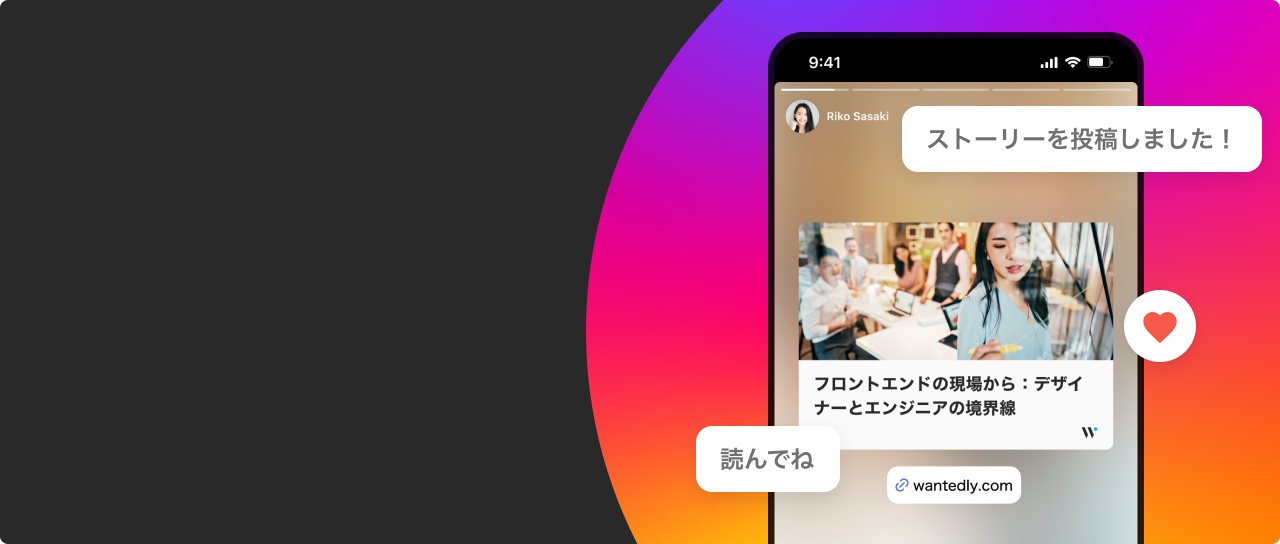- 経理事務
- 機械学習エンジニア
- 法務
- Other occupations (3)
- Development
- Business
"Gracefully Embracing Change, Steadfast in Value" — The Future of a Growing and Trustworthy Business Team, as Seen by Corpy COO
At Corpy, it’s not only technology that drives the mission of making “trustworthy AI for society” a reality—it's the strength of the business side, led by COO Takeshita.
From a major corporation to a startup, from pursuing AI to orchestrating a diverse team—every decision he’s made reflects a deep, practical leadership philosophy.
In this interview, we explore why Takeshita joined Corpy, the kind of team he envisions, how he sees the role of AI, and what it means to build a resilient, flexible organization in times of constant change.
Seeking a Place to Truly Contribute — The Decision to Join Corpy
— What brought you to Corpy?
Takeshita: I joined in December 2022. At the time, I was in the early stages of exploring my next career move. Things felt a little vague, but I got a scout message via Wantedly from Yata-san, who was working with Corpy through a program called LoanDEAL. That was the first point of contact.
I already had a strong interest in the AI domain. Back then, data scientist was gaining attention as a "cool" job, and I have a background in information engineering and computer science. I had also gained experience on the business side, so I was looking for a field where I could leverage that unique combination.
Corpy seemed like the best fit—a place where I could contribute meaningfully. I had also studied data science abroad, and the international and cutting-edge nature of the team made me feel that my experience would truly matter.
— You came from a large corporation, right?
Takeshita: Yes, I was with the NTT Group. It was a very structured organization with highly capable people. But there was this lingering feeling that even if I left, things would go on just fine without me.
My boss, my team—they were all excellent. So I found myself thinking, "They’ve got this. Maybe they don’t need me." But I wanted to work in a place where my presence would make a difference. Corpy was that place.
The Role of a COO Is to Find Each Person’s "Switch"
— What core values guide your work as COO?
Takeshita: Maximizing the overall impact of the team. That’s really it.
Corpy is a diverse, multinational team. Everyone brings a different background and skill set. That’s why it’s critical to understand each person’s strengths and assign them roles where they can thrive.
Someone with strong technical expertise should be focused on development and R&D. Someone who’s great with clients should be on the front lines. Those who bridge gaps well can play a translator or facilitator role. It’s not about matching skills to roles—it’s about understanding where each person’s energy comes from.
— How do you discover that energy?
Takeshita: I’ve found a lot of value in a book called The Art of Choosing People. It emphasizes looking not just at skills or past achievements, but also at potential and personal drivers.
I call it identifying someone’s “source of energy.” Rather than asking whether a task fits someone’s skill set, I ask: Does this work feel meaningful to them? That difference is everything when it comes to engagement and performance.
Facing the Question: "What Is AI Really For?"
— What are your hopes and concerns about AI as a technology?
Takeshita: AI has the power to extend human abilities and thinking. Small teams can now accomplish things that were previously unthinkable. For startups, that’s huge—it means we can create impact at scale.
On the flip side, there’s a real risk of a growing divide between those who can harness AI and those who can’t. We saw the same thing with the internet. That’s why we mustn’t build a future where only a select few benefit from technological advances.
Our mission is to ensure AI is accessible and valuable to everyone. That starts with cultivating a mindset of curiosity and continual learning.
— How do you see Corpy’s AI services impacting society?
Takeshita: We work in mission-critical domains where the stakes are high. Our job is to bring trustworthy AI into fields where it’s never been reliably used before.
That’s not just a technical challenge—it’s a moral one, too. When developing products, we don’t simply take client requests at face value. We ask what problem they’re really trying to solve. Often, the true need is hidden beneath the surface.
Sometimes, it’s not “A or B,” but something else entirely—a paradigm shift in how we think about the problem. That’s where Corpy shines: in creative problem solving rooted in deep understanding.
When Autonomy Becomes Culture — Building an Organization from Within
— What kind of culture are you trying to build at Corpy?
Takeshita: Autonomy and accountability. Without these, you can’t function in a startup.
Resources are limited, and people need to be able to act independently. Not because someone told them to, but because they understand the context and own the outcome.
We hold internal study sessions, and we make sure the culture encourages asking questions. From experience, I know that the difference between those who grow and those who stagnate often comes down to a willingness to ask—even when it’s uncomfortable.
— As part of the executive team, how do you embed culture?
Takeshita: We try not to push values top-down. Instead, we aim to co-create them with the team. For example, our product name “CONFIDE” reflects not just what the product is, but what we stand for as a company.
That’s why we think carefully about how we visualize, communicate, and reinforce our values—in Slack, in meetings, in how we talk about our work.
Also, we intentionally avoid rigid rules like “this is the one thing that must never change.” In a fast-growing company, that kind of rigidity is dangerous. Flexibility itself is part of our identity.
The Skills Future Teams—and Future COOs—Will Need
— How do you see the AI business landscape evolving?
Takeshita: Technologically, LLMs and VLMs are progressing quickly. I’m especially interested in developments that let humans interact with AI using natural language—whether it’s text or visual.
If we get that right, AI will become vastly more accessible. It’ll lower the burden on people and bring us closer to truly human-centered technology.
— What skills will future teams need to succeed?
Takeshita: The ability to adapt, and a proactive mindset toward technology. Not just for engineers, but for everyone—sales, operations, support.
At Corpy, we operate on the front lines of change. That means the skills needed here today will soon be necessary everywhere. So we look for people who can learn quickly, act autonomously, and evolve with the times.
I also believe in effectuation—a mindset where you make the most of what you have now, rather than waiting for ideal conditions. In uncertain environments, that mindset is incredibly powerful.
Beyond the Question of “Who Do We Work With?”
— Finally, what kind of people do you want to work with?
Takeshita: People who are honest and expressive—who can say “I think this” or “I don’t know” without fear.
Corpy is still growing. Every person’s drive and ownership really matters here. It’s not the kind of place where you can just blend in and go unnoticed—and that’s what makes it exciting.
If you’re someone who wants to take responsibility, create real value, and shape the future with your own hands, we’d love to work with you.
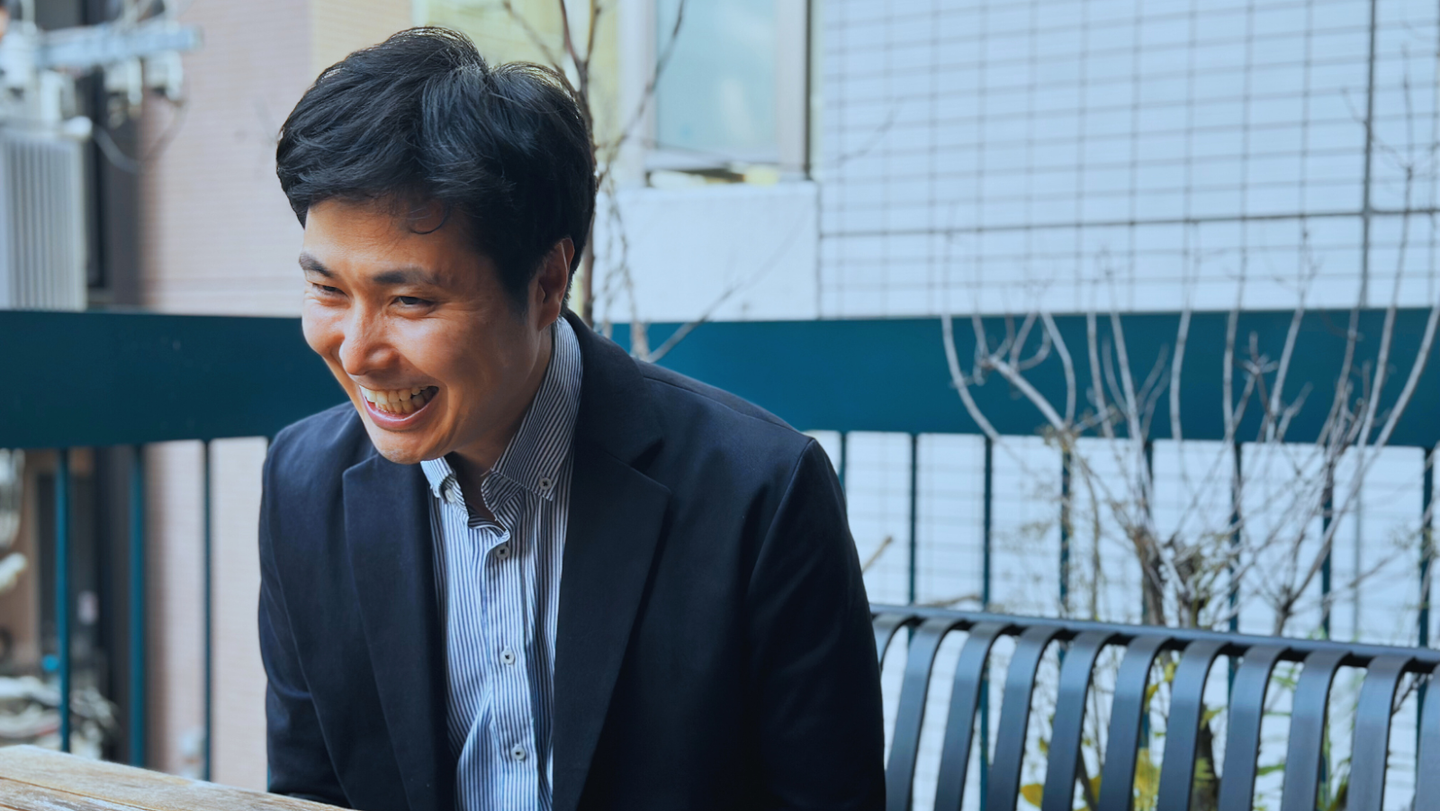
In an era where no one has all the answers, people-centered leadership is more important than ever.
From Takeshita’s words, we see a vision of Corpy where the technology is powerful—but never more important than the people behind it.
If you're looking to be part of a team that questions, adapts, and builds with purpose, Corpy is ready to welcome you.
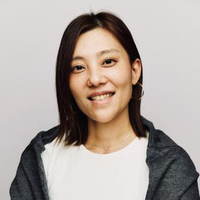
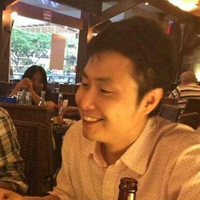
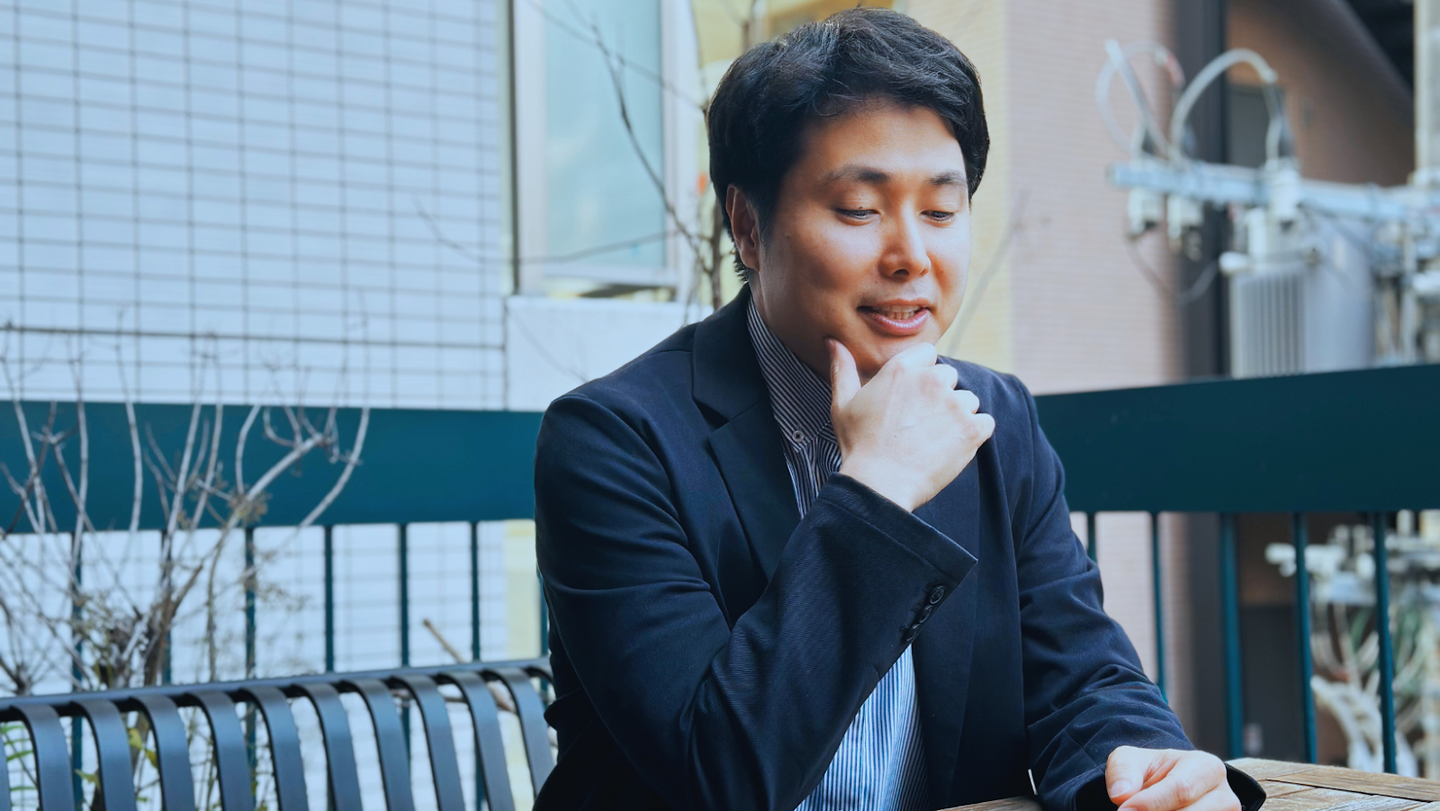
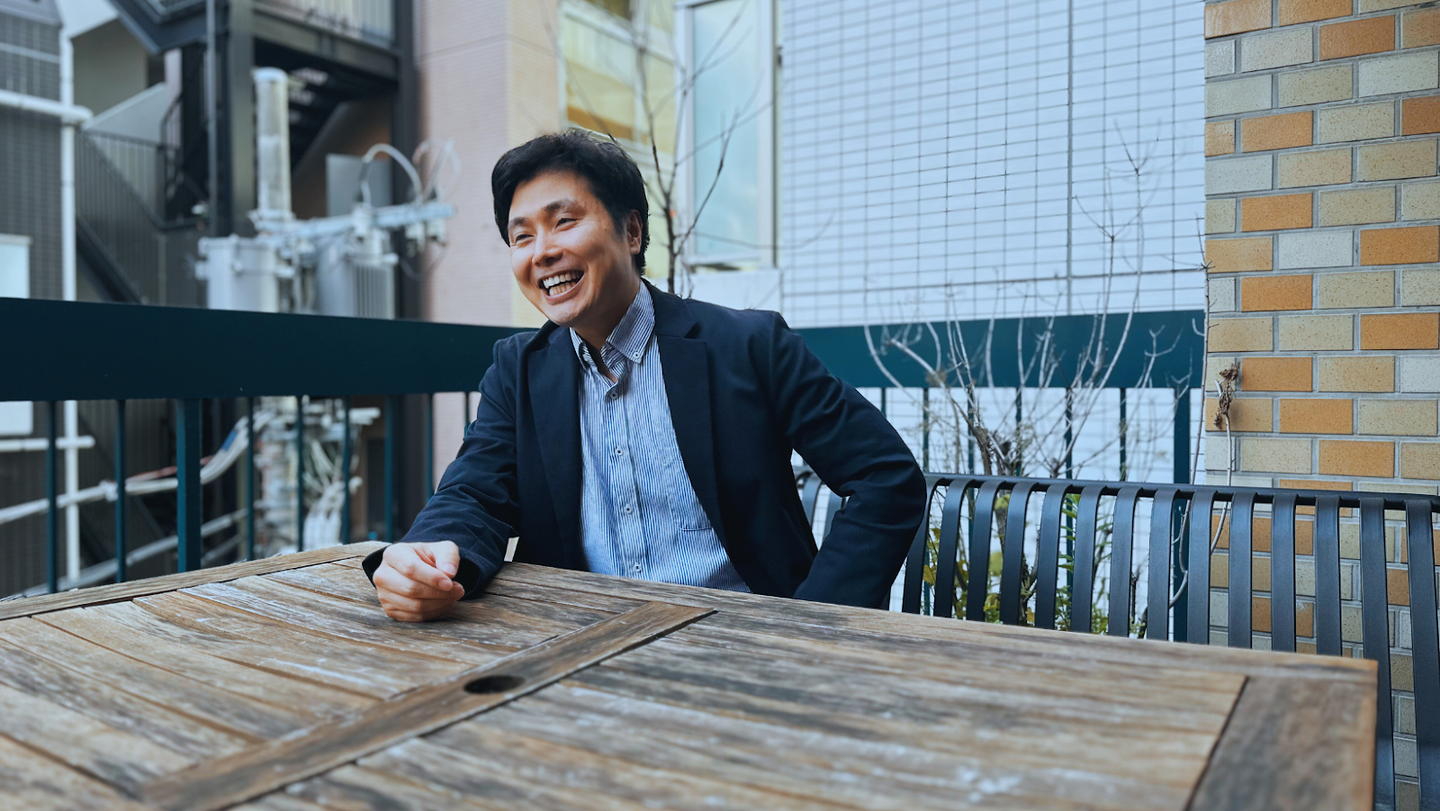
/assets/images/21659353/original/73120fff-db36-4bbe-9f47-cb3c9407fd94?1753236102)

/assets/images/1762268/original/4b194597-9c4f-4a23-9254-a2d89aff8688?1667698318)
/assets/images/1762268/original/4b194597-9c4f-4a23-9254-a2d89aff8688?1667698318)

